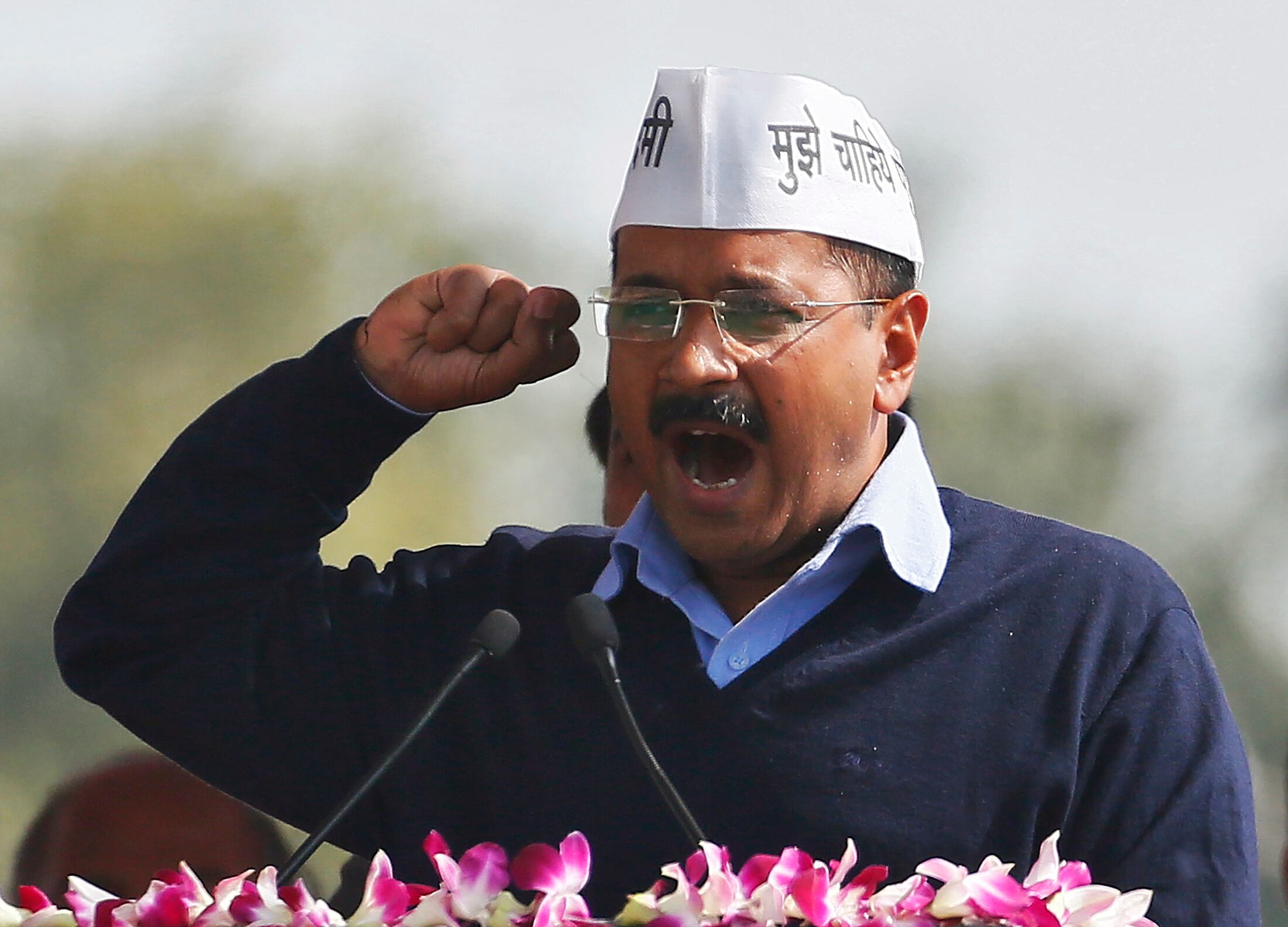On Tuesday, an Indian court dismissed an appeal against the arrest of Arvind Kejriwal, the opposition leader and Delhi Chief Minister, in a corruption case, causing disappointment among opposition circles just 10 days before the general elections.
Kejriwal, aged 55, was apprehended by the Enforcement Directorate (ED) on March 21 over corruption allegations linked to Delhi’s liquor policy. His arrest prompted protests in the capital and Punjab, both governed by his Aam Aadmi Party (AAP).
Last week, a city court extended Kejriwal’s detention until April 15, relocating him to Delhi’s Tihar jail, where two other senior AAP leaders are also incarcerated in the same case. Another AAP leader, detained for six months in the case, was granted bail earlier this month.
In its ruling, the Delhi High Court affirmed that Kejriwal’s arrest was lawful and did not breach any regulations.
AAP expressed its intention to challenge the decision in the Supreme Court, reiterating its stance that Kejriwal was apprehended under false pretenses as part of a plot by Prime Minister Narendra Modi’s Bharatiya Janata Party (BJP) to undermine him.
Both the government and BJP dismissed these allegations.
AAP spokesperson Saurabh Bharadwaj stated, “It is the biggest conspiracy of India’s history […] to finish Arvind Kejriwal, his political party, and his two governments in Delhi and Punjab.”
The BJP welcomed the court’s ruling, asserting that it was grounded in factual evidence and had punctured AAP’s arrogance.
An alliance comprising 27 opposition parties, including AAP, known as ‘INDIA’, has rallied behind Kejriwal, condemning what it perceives as politically motivated investigations by federal agencies like the ED.
The Congress party, the main opposition, accused Modi’s government of engaging in “tax terrorism,” alleging that the tax department targeted it with hefty tax demands ahead of the elections.
The INDIA alliance claims that actions against opposition groups are designed to tilt the electoral playing field and has appealed to the Election Commission for intervention.
The government refutes these claims, asserting that enforcement agencies are merely fulfilling their duties by investigating violations.
